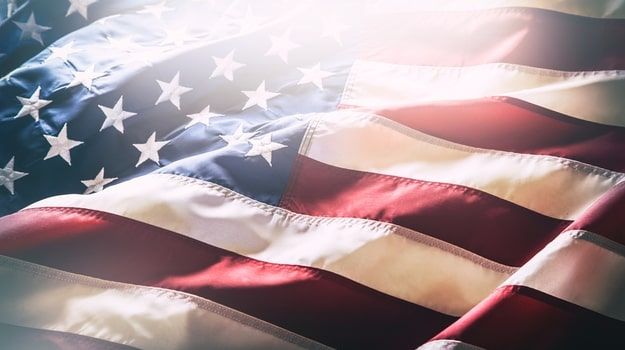Ahead of a likely ban on the US federal government’s use of Chinese-made quadcopters, including popular DJI drones, the Department of Defense has approved the products of five US-based unmanned air vehicle (UAV) makers for government use.
Those companies are Altavian, Parrot, Skydio, Teal and Vantage Robotics.
Small UAVs from these manufacturers have been deemed cyber-secure by the Pentagon – not vulnerable to backdoor spying that some suspect might be possible from the video cameras and other sensors attached to Chinese-made DJI drones. The US Congress is considering banning the US federal government from using foreign-made drones as part of its 2021 National Defense Authorization Act.








